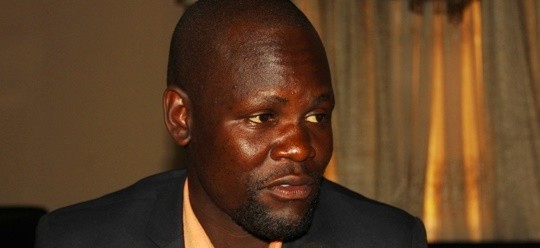Emmanuel Khamis Rachael, the recently appointed Minister of Physical Infrastructure and Rural Water in Central Equatoria State has declined to be sworn into his post, saying he received threats that accepting the post would mean digging his own grave.
Khamis was among the list of officials appointed last month by Caretaker Governor Juma Ali Malou, but he did not accept the post. He formerly served as Chairman of the Central Equatoria Anti-Corruption Commission for two and half years.
In an interview, Khamis said, “I have taken a personal decision to resign… Following the appointment, a very serious row erupted between the office of the caretaker governor and SPLM leadership in the state and this generated almost disunity among our leaders and this disunity went on to parliament.”
“So, I felt that if my appointment was causing controversy among our leaders, this is dangerous and it may add to the current suffering of our people. I decided to take a patriotic decision that our unity as leaders of this country and state in particular is paramount because Central Equatoria is the host of all the people of South Sudan.”
The former official said that he received threatening messages by phone, claiming that one of them said, “We are determining to prevent your approval as the minister at any cost and should we fail, we will do anything within our disposal; otherwise you either leave it or prepare your grave. The choice is yours.”
He went on to say, “This is an indication that there are individuals when they were in power acted corrupt and they are fearing that my being in the government is going to expose them.”
However, the official stressed that whether or not he is in government he already prepared a comprehensive report about corruption in the state that he will be submitting to the caretaker governor for appropriate action to be taken.
“I am aware that our leaders are not honest, there are those in the previous government and there those in the current government who have not been honest and abusing the properties of state and the resources of the state,” he said.




